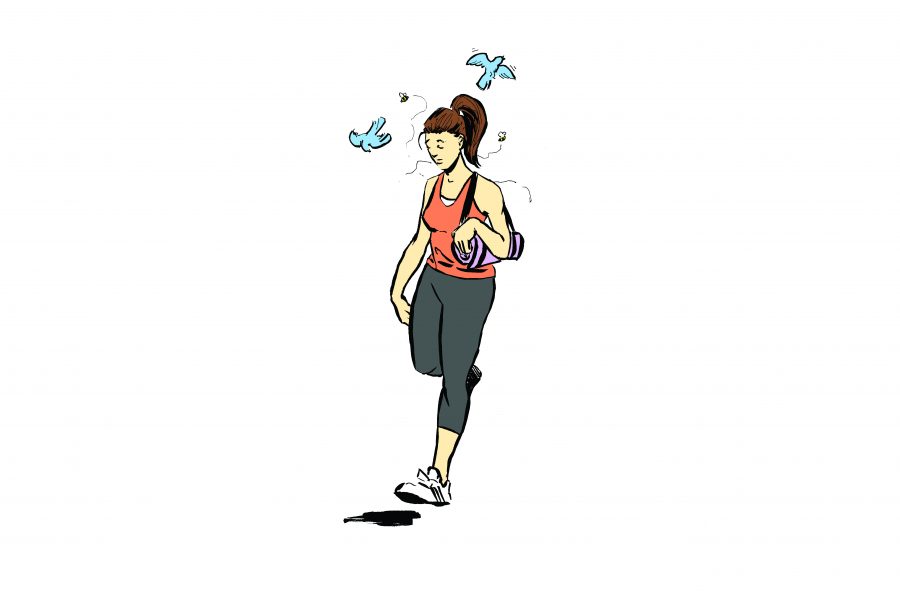It’s hard to fit exercise into a busy schedule, but researchers have found that its effects on women’s sexual function, such as increased sexual arousal and better body image, make a compelling case to squeeze it in.
Researchers at UT’s Human Sexual Psychophysiology Lab conducted a review on the relationship between exercise and women’s sexual arousal and satisfaction. The study also analyzed exercise as a treatment for women who deal with sexual dysfunction.
The research distinguishes between the benefits of short-term and long-term exercise, said Hirofumi Tanaka, kinesiology and health education professor.
“Acute exercise is one bout of exercise that you perform and we assess what happens physiologically to your body,” Tanaka said. “Chronic exercise is the adaptations that you can accumulate over weeks or months of exercise.”
Graduate student and first author of the research, Amelia Stanton, said engaging in acute exercise, such as cycling for as little as half an hour, can make a woman’s sexual experience better.
“There’s this perception that you have to be rested and relaxed to have good sex,” Stanton said. “A lot of the research on acute exercise has demonstrated that actually, if you’ve engaged in moderate activity before sex, you’re going to have more arousal or more genital blood flow.”
After sticking with an exercise routine, Stanton said that women can start to see the long-term effects on their overall sexual and emotional well-being.
“Exercising, more chronically, seems to help with your general sexual satisfaction, body image … all of these things that really contribute to a positive sexual experience,” Stanton said.
While exercise can improve regular sexual functions in women, 43 percent of women report some sort of sexual dysfunction, according to Cleveland Clinic.
“There’s a lot of despair about sexual health problems,” Stanton said. “It’s really challenging to talk about them. It’s hard to find people who will listen who know what they’re talking about and can help.”
Educational psychology senior lecturer Nancy Daley, who teaches human sexuality, said education is key in reducing problems with sexuality.
“As a state, we’ve decided to keep our young people in the dark about seuxality with some diastrarous consequences,” Daley said. “The more you know, the better choices you can make and the better you can take care of your health.”
Exercise can provide an empowering treatment option for women suffering from sexual dysfunction, Standon added.
“With exercise, women can take their sexual health into their own hands and pursue other options that might be easier than connecting with a sex therapist or someone who has specific training in sexual health,” Stanton said.
She said college can be a productive environment for developing healthy exercise habits.
“There are resources on campus, there are places you can go to exercise at any time of day, there are programs you can join,” Stanton said. “It’s a good time to at least start an exercise program and get used to something.”















